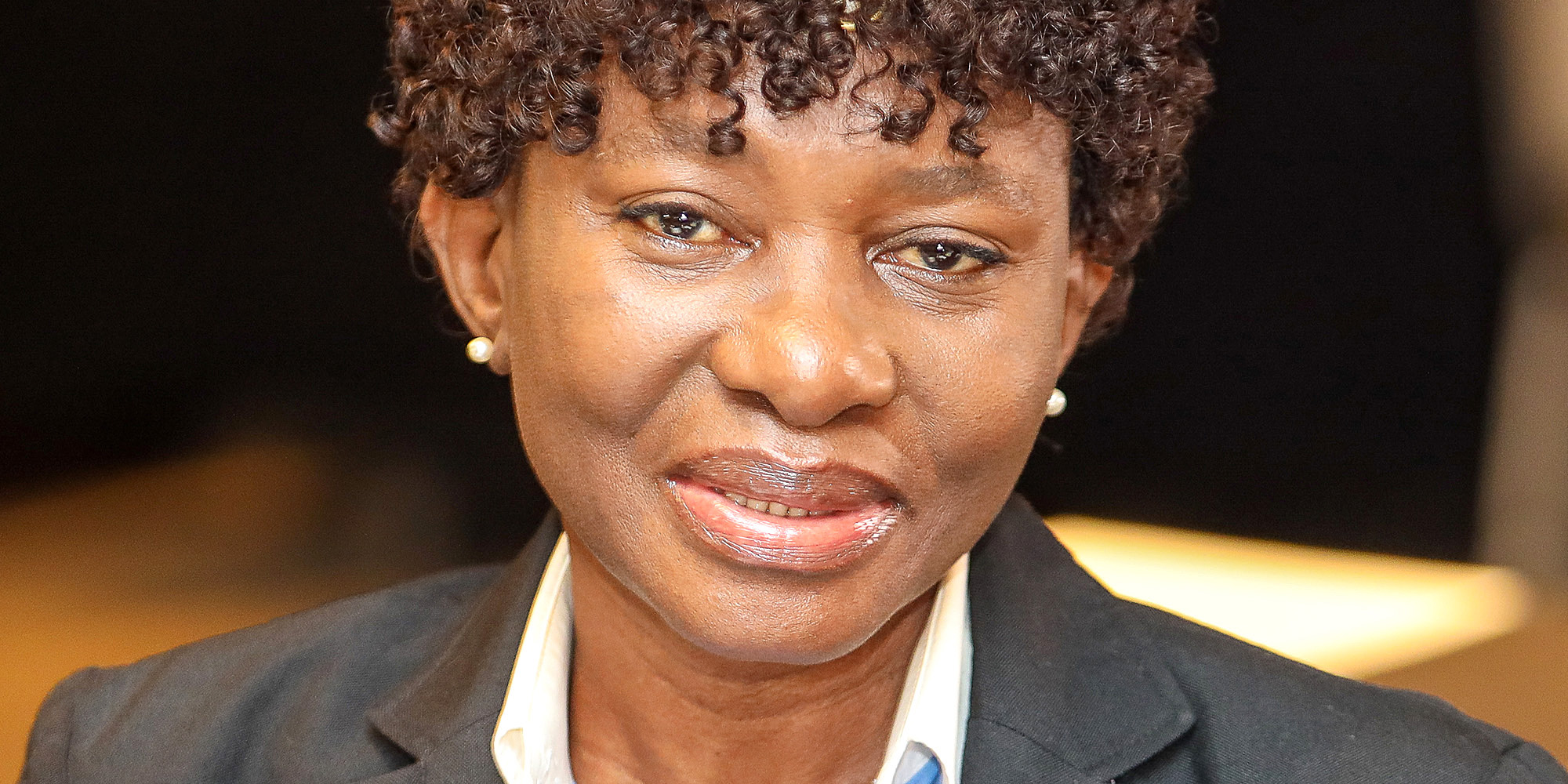The Judicial Service Commission (JSC) recently accepted the findings of a Judicial Conduct Tribunal which found Gauteng High Court judge Tintswalo Nana Makhubele guilty of gross misconduct.
This opens the way for the National Assembly to vote on the impeachment of a woman with a once-promising future who tragically became entangled in State Capture at the Passenger Rail Agency of South Africa (Prasa).
#UniteBehind, a coalition of civil society movements, brought the complaint against Makhubele to the JSC.
“For #UniteBehind, it has been a painful journey of six-and-a-half years to hold Judge Nana Makhubele accountable for gross misconduct because of her… attempts at facilitating corruption and State Capture at Prasa. We have had to spend close to R5-million, perhaps more, without any possibility of recovering that cost,” said Zackie Achmat, activist and founder of #UniteBehind.
“Judge Makhubele is probably the first judge... that could be impeached, if Parliament does its work, for facilitating State Capture, and that for us is a major victory.”
Makhubele’s crime is that she sat on the Bench while chairing the Prasa interim board and authorising a “secret settlement deal” involving payments from Prasa to Siyaya of about R56-million.
Contracts with Siyaya and its subsidiaries were the subject of a number of criminal investigations. Makhubele was found to have committed perjury by alleging that she had been given permission to hold off taking up her job in January 2018.
Read more: Judicial Conduct Tribunal — Judge Makhubele denies allegation she instructed Prasa payment to Siyaya
“What we must remember is that this was not simply the facilitation of State Capture. It was also a set of acts… that has led to the destruction of lives in… [terms of a] lack of safety on the rail and the loss of livelihoods, with people losing jobs by not being able to be on time for work because of the destruction of Prasa’s management,” Achmat said.
Horns of a dilemma
Makhubele had previously said she had found herself on the horns of this ethical dilemma since she could not resign because she had not wanted to “let the minister (of transport, Joe Maswanganyi) down”.
Evidence before the tribunal was that Makhubele was recommended for judicial office in October 2017, the month in which she took up the Prasa chair position.
While she had been expected to begin her judicial duties on 1 January 2018, she did not arrive for work to take the oath of office. Gauteng Judge President Dunstan Mlambo – whose version was supported by an affidavit from his deputy, Judge Aubrey Ledwaba – testified that Makhubele had told him that she chaired the board of the Water Tribunal and was concerned about a clash of interests.
He had reassured her that there was no conflict and put her on the roster for the first term of 2018.
Strike three
Judge Makhubele faces the ignominy of being the third judge in post-apartheid South Africa to be removed from the Bench for dishonesty. Former Western Cape judge president John Hlophe and judge Nkola Motata paved the way.
In an announcement on Friday, 1 August, the JSC noted that it had accepted the findings of fact made early by the tribunal, but differed in two respects.
Read more: Suspended Gauteng Judge Nana Makhubele not fit to be a judge, says #UniteBehind
It corrected the section of the JSC Act to include gross misconduct and noted that the conclusion was “inescapable that the dishonest conduct of Judge Makhubele as described in Part A constitutes a breach of section 14(4)(a) of the JSC Act”.
Furthermore the tribunal, chaired by retired judge Achmat Jappie, found that Makhubele’ s conduct constituted a breach of section 14(4)(e) of the Act and that a further concern for the JSC had been that the tribunal had not added the adjective “gross” to qualify the misconduct of which Judge Makhubele was found guilty.
The commission found that Makhubele was “guilty of gross misconduct”.
Allegations were that she had failed to sever professional ties with Prasa upon her permanent appointment to the judiciary; that she occupied an office for profit, where she received payment for services, which payment was not authorised by the JSC Act; and that she had requested a special dispensation regarding her appointment.
#UniteBehind’s complaint to the JSC highlighted that Makhubele served in a position which “undermined the independence of the judiciary”.
Her actions also breached the separation of powers. DM




 Judge Nana Makhubele at her Judicial Conduct Tribunal hearing in Johannesburg on 22 February 2023. (Photo: Gallo Images / Papi Morake)
Judge Nana Makhubele at her Judicial Conduct Tribunal hearing in Johannesburg on 22 February 2023. (Photo: Gallo Images / Papi Morake)